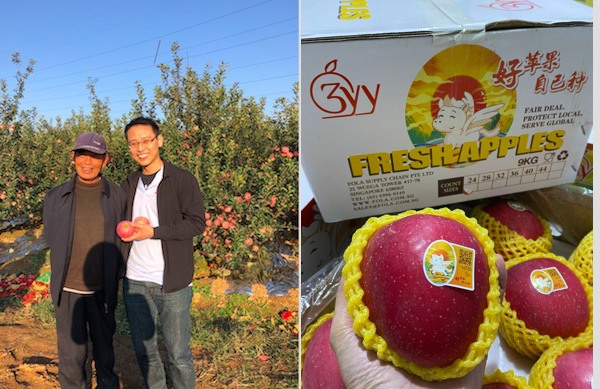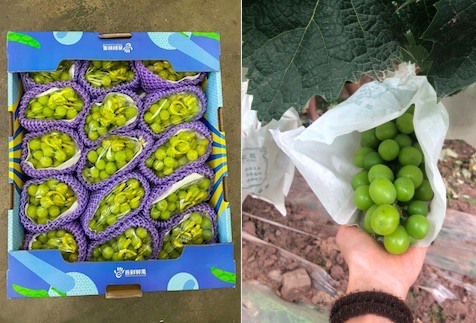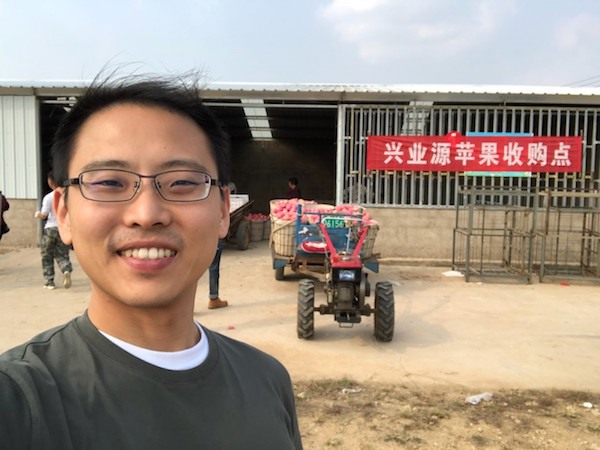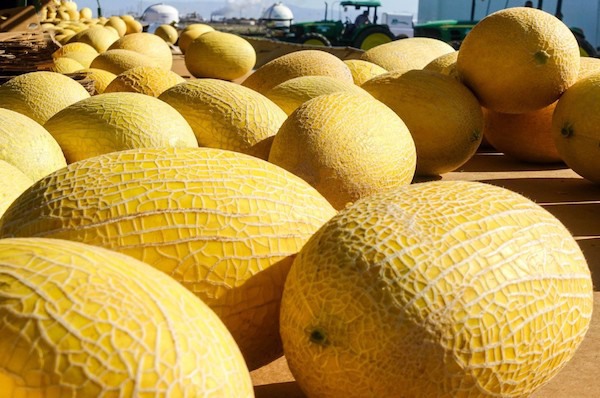Due to its climate, location, and scarcity of land, Singapore produces very little in the way of fresh fruit. As a result, the country mainly relies on imports. This is also the main reason why the Singapore government is currently pushing for the 30/30 initiative to build up its agri-food industry's capability and capacity to produce 30% of the nutritional needs locally and sustainably by 2030.

"Personally, I think this is a very ambitious initiative. Nonetheless, Singapore needs to start somewhere to secure more sustainable food security for the country. I think initiatives such as vertical & hydroponic farming and developing more plant-based products are the right direction and incremental steps towards this vision," said Roger Chua from 3YY Fresh, who recently shared his opinions with Freshplaza.
As of 2021, in sequence, the largest volume of imports of fruits from the top four nations are as follows: China, Malaysia, Australia, and the US (displaced from No.1 spot). Noting these trends, 3YY Fresh observed the downward trend of US fruits imported into Singapore. It is also the case that 3YY Fresh has imported more fruits from China this year too. The company's key products are Fuji apples, Hami Melon and Shine Muscat for this year.

Roger stated: "Fruits imported from China have been on an increasing trend in the Singapore market for the past two years. The pandemic could be the catalyst that accelerated this trend, supported by two fundamentals: the quality of fruits from China is improving, and the geographical distance between Singapore and China. The pandemic disrupted our global supply chain, which compelled importers to act pragmatically to import more fruits from the region. And the recent upward swing in US currency also compounded the trend as more importers lean towards non-US currency trade. These are the hypotheses that could explain the increasing trend of Chinese fruits being imported to Singapore. This aligns with our general observation on the ground too."

Compared with other Asian countries, Singapore has a small population, but it is a very important logistics hub. Therefore, many international fruit traders consider Singapore as an import and export hub rather than the final destination market.
When being asking how much fruits are re-distributed from Singapore, Roger said: "It is difficult for me to comment on what volume is re-distributed to other neighboring countries. What I would be pretty certain of is Malaysia, followed by Thailand, are definitely the top destinations to re-distribute the fruits from Singapore. This is primarily because of the interconnected hinterland among these three countries."

In the last few years, Southeast Asian countries have been showing a strong growth in the fruit trade. When talking about this, Roger mentioned, "Without a doubt, Vietnam is the fastest-growing market for importing fruits. The next would be The Philippines. These observations are based on open-source statistics, the rate at which the economy is growing, and the purchasing power of these countries."
3YY Fresh operates under the ambit of XYY Group (大连兴业源集团). Together with Fola Supply Chain Pte Ltd (Fola), an international sourcing arm for XYY, 3YY Fresh imports fresh produce globally (core from China) into Singapore.
For more information:
Roger Chua
3YY Fresh
3yyfresh.com
[email protected]
